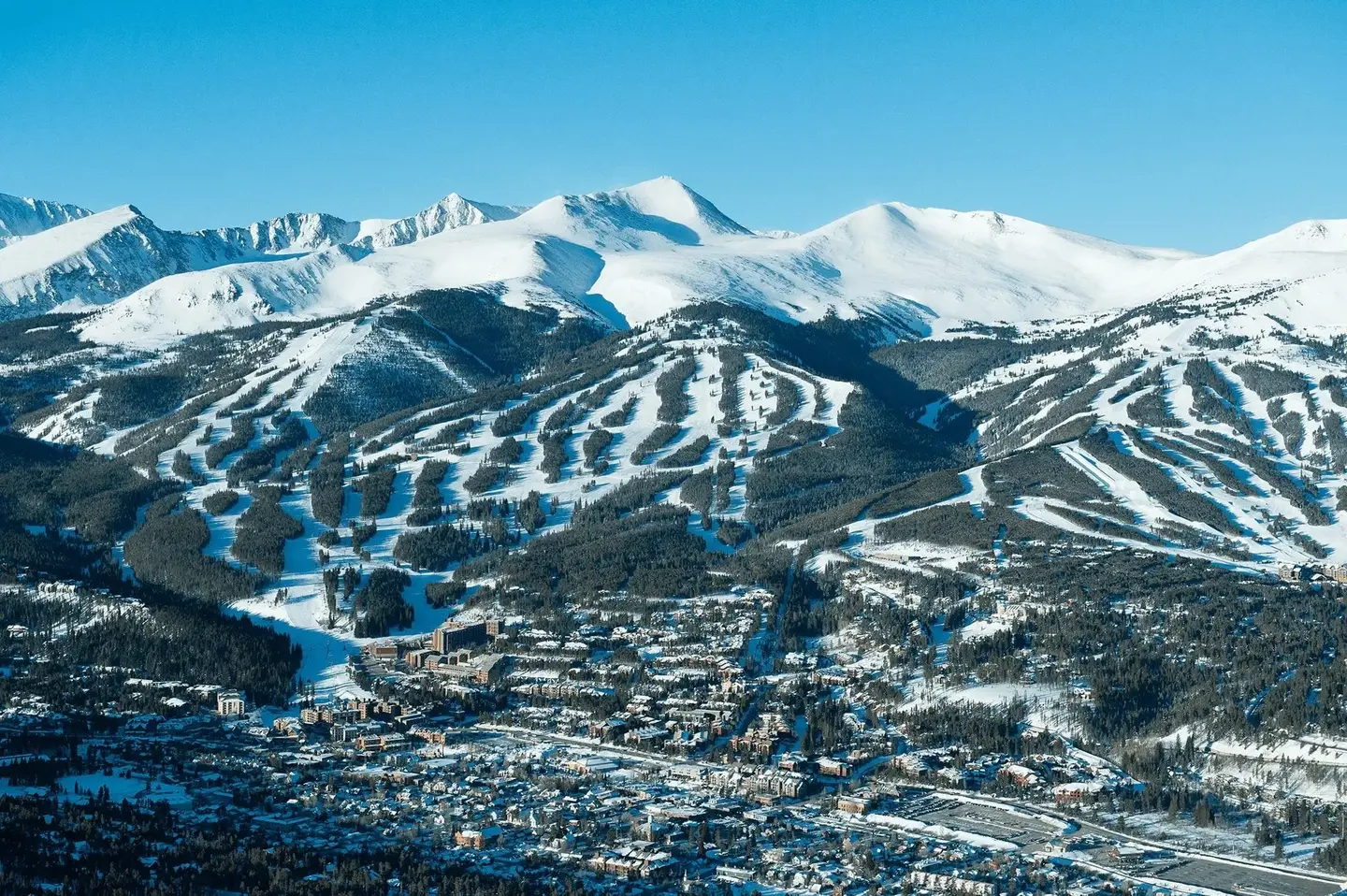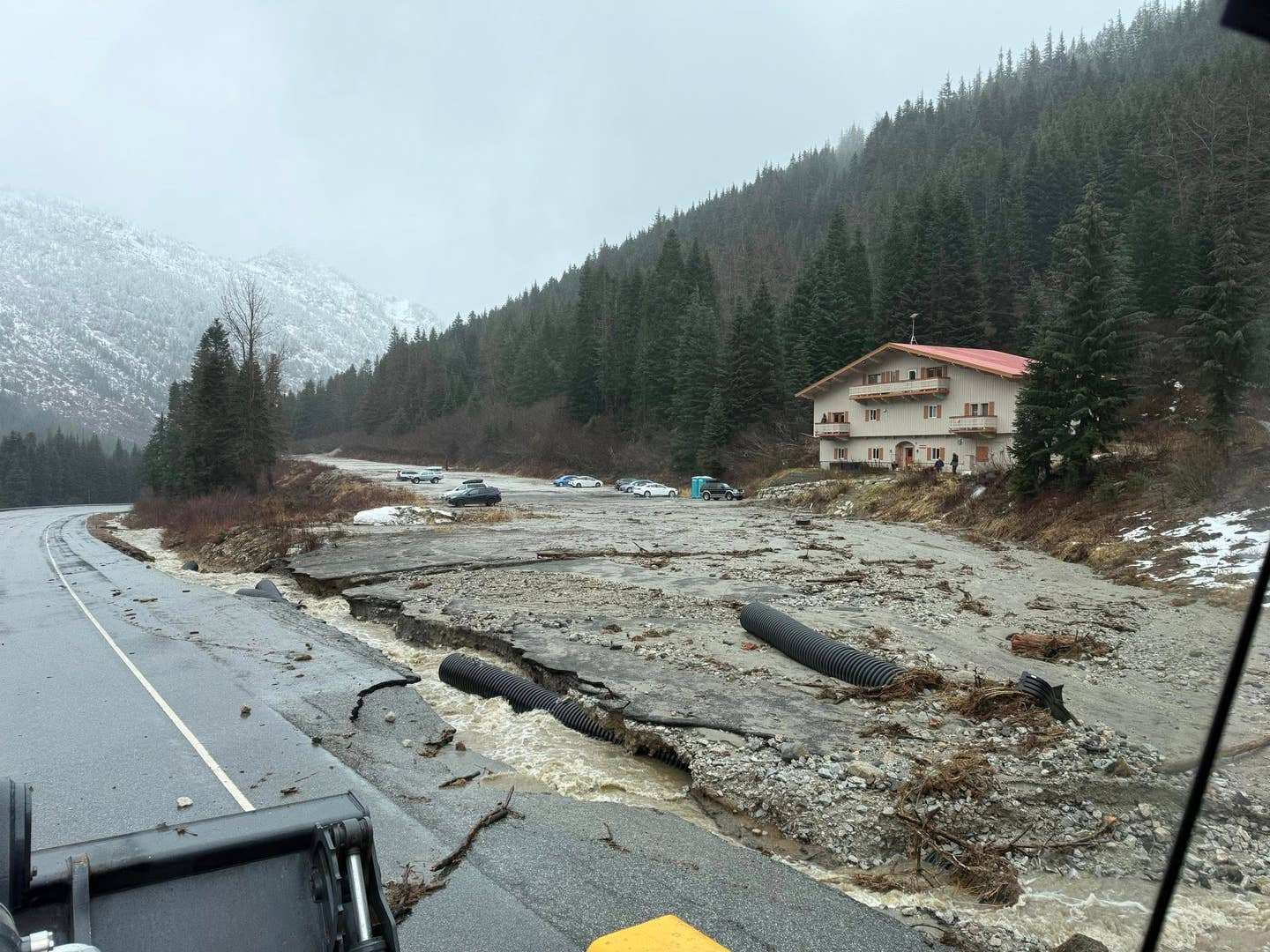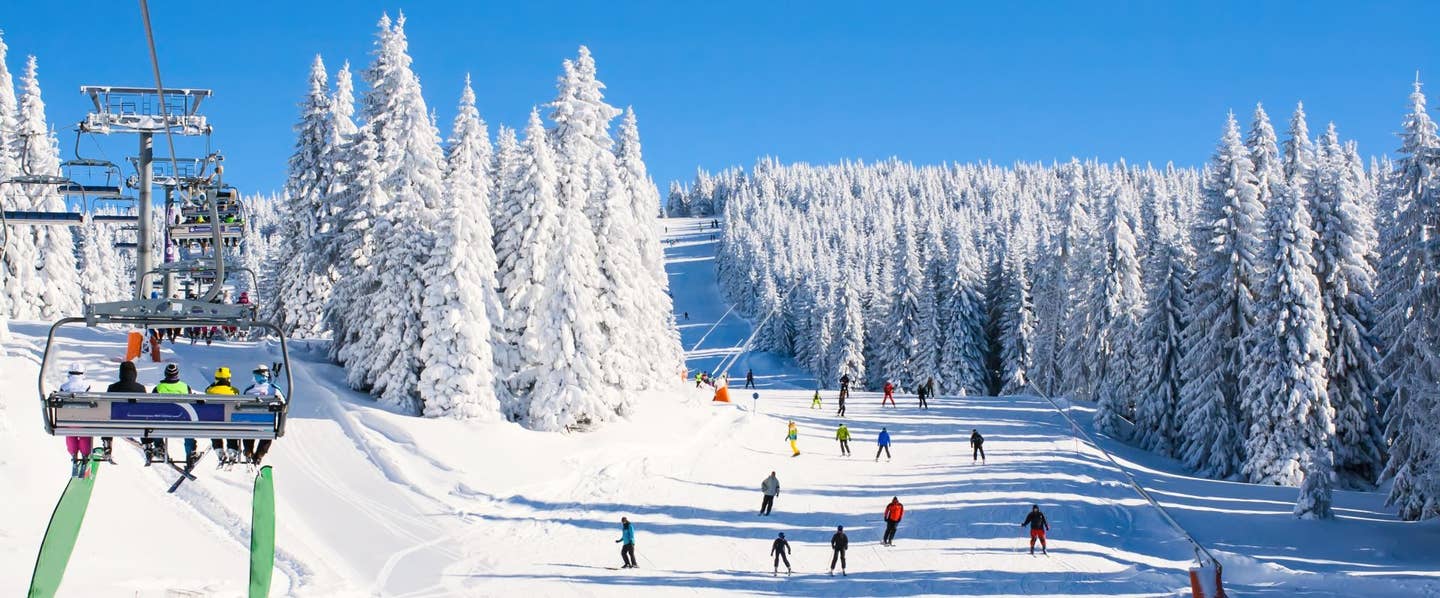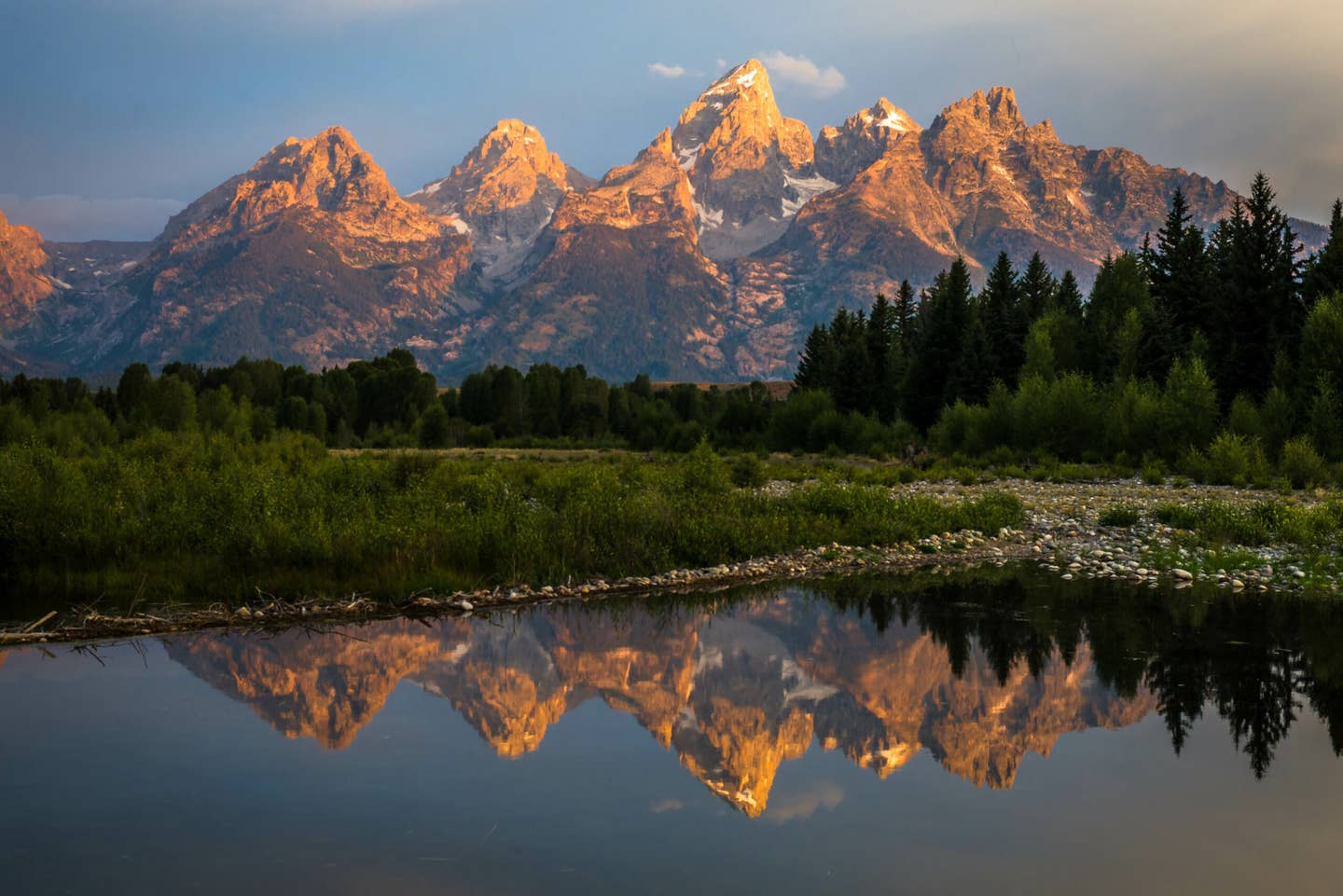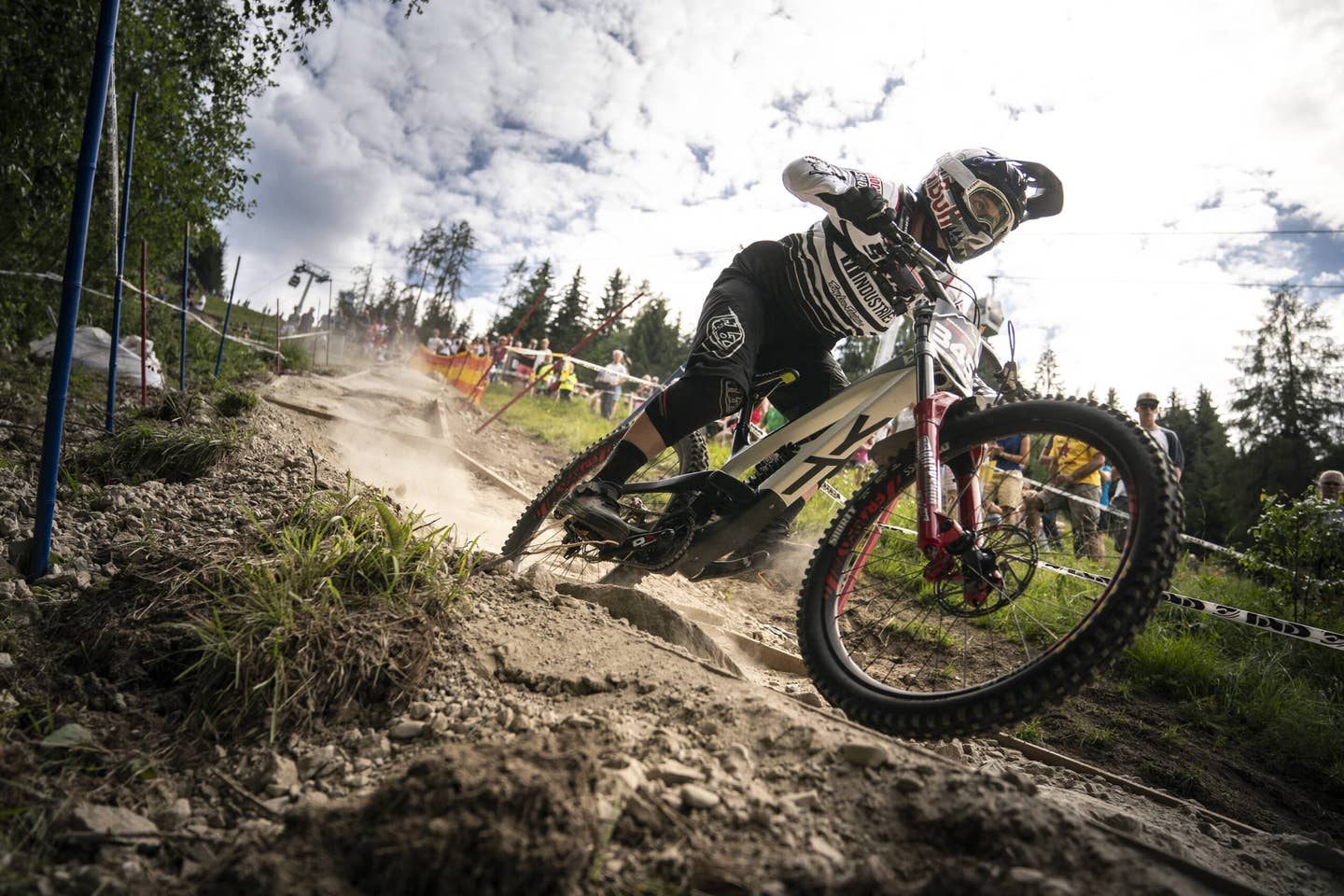

Innsbruck Bans All Downhill MTBs From Public Transport
Popular Stories
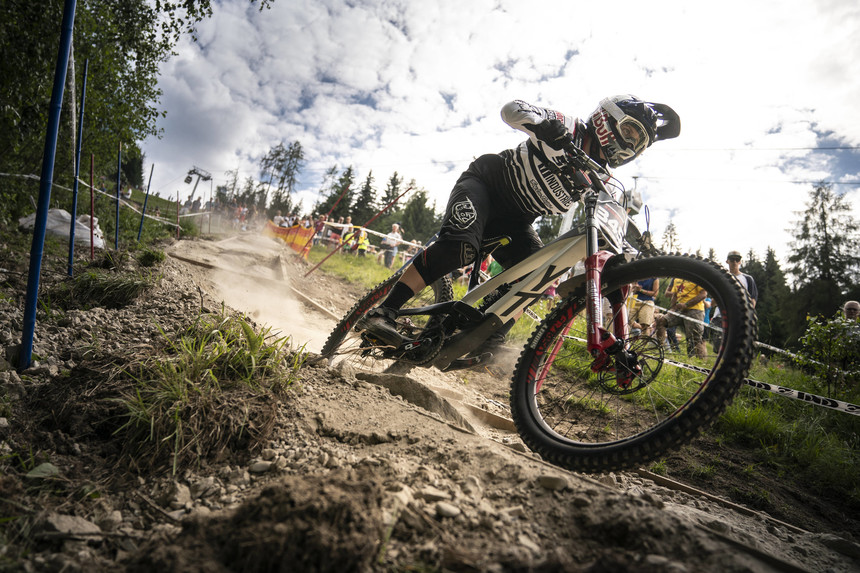
Vali Höll shreds some Austrian dirt at last year's Crankworx event. Red Bull Content Pool photo.
Imagine this: On your lunch break, you grab your bike, helmet, and pads, leave your downtown office and hop aboard the funicular railway that whisks you up 1000 vertical feet to the top of your favorite flowy singletrack trail. Up until a few weeks ago, this was an everyday reality in Innsbruck. Those days are seemingly gone thanks to a controversial new rule put in place by the local public transport authorities.
Innsbruck, Austria – a haven for mountain bikers in the Alps of all types – has permanently banned downhill mountain bikers from using any form of public transportation in the area. While the ban has been on the books in various forms for some time now, citing in part a single case of violent misconduct from a passenger using the Nordkette Bahn, the city government has begun enforcing a new rule specifically preventing downhillers from using public transport like buses, trams, and trains around the city. The Nordkette Bahn had provisionally banned all mountain bikes from their trams for the month of May after a rider punched an operator, sending her to the hospital, and now the entire city is following suit.
All public transport is operated by the city-owned company IVB, though the Nordkette is operated privately with significant funding and support from the city. Austria is already notorious for strict rules around mountain biking –
effectively making the sport illegal in many parts of the country. Outside of the few bike parks in the surrounding area, there are only a few legal singletrack trails within Innsbruck.
What defines a downhiller in Innsbruck, you may ask? In the eyes of the IVB: anyone with a dual-crown fork on their bike and wearing a full-face helmet and pads will not be allowed on board transport. Trail and enduro bikers and XC riders seemingly will still be allowed as will any other bicyclists. Seems that whoever is behind this rule clearly does not understand the sport very well. What if you ride an enduro bike with a full face? Same trails, same speeds, different bike.
Sign Up for the TGR Gravity Check Newsletter Now
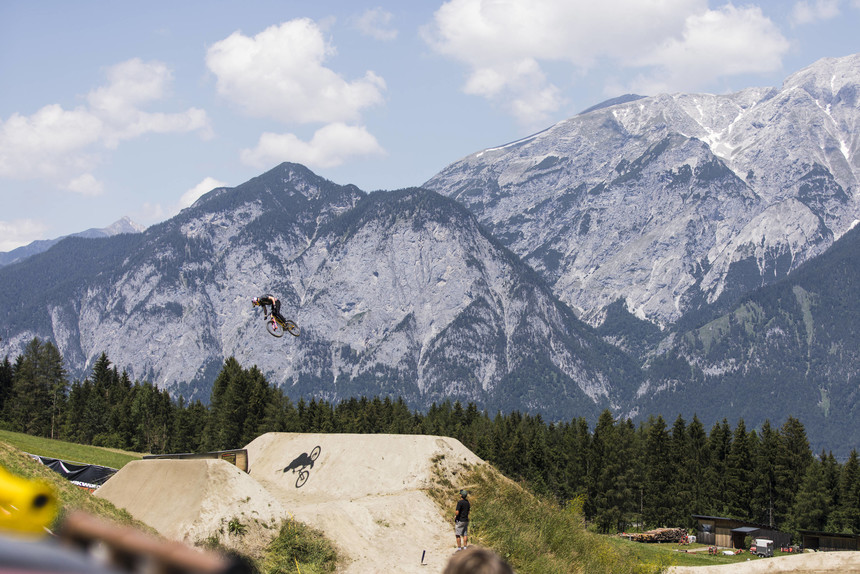 Crankworx comes back to Innsbruck in less than a month, what kind of effect will the transport ban have on the festival? Red Bull Content Pool photo.
Crankworx comes back to Innsbruck in less than a month, what kind of effect will the transport ban have on the festival? Red Bull Content Pool photo.
A few negative effects of this ban are clear: the environmental impacts of increasing car traffic to and from bike parks and trailheads, the impact on tourism (Innsbruck markets itself as the Freeride and Bike City of Austria and has counted over 80,000 riders a year on popular trails like the Arzler Alm right above town), as well as creating confusion about where and what to ride in area with already unclear regulations.
Another interesting and far reaching effect, outlined in an op-ed in
Der Standard, is the impact on youth – most kids can’t drive to the trailhead, and now the only way to ride their favorite trails without mom and dad driving them is by not wearing an all-important full face helmet and pads just so they can get on the bus. Put it in a huge backpack maybe and smile at the bus driver? Not a solution.
Innsbruck is slated to host Crankworx this June, and the effects of the ban will likely reach deep into this event. While a huge international event like Crankworx may paint Innsbruck as a mountain biker’s paradise like Whistler, the reality can be far from that. Every season, two-wheeled shredders face significant challenges to ride the trails they love and maintain. This is yet another setback, but if anything is true, we know that us mountain bikers are good at figuring this sh** out.
